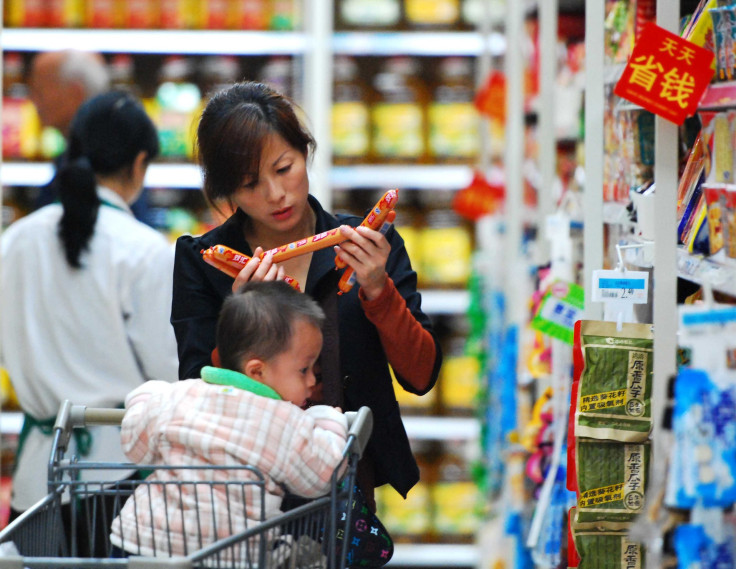China Consumption Growth To Stay Strong In 2016, Commerce Minister Says

China’s consumption will grow at a quick pace in 2016, the country’s Minister of Commerce Gao Hucheng assured investors Tuesday, while tackling issues such as impact of yuan devaluation, building more free trade zones and the U.S.-led Trans-Pacific Partnership (TPP) at a news conference.
A slowdown in China’s traditional economic drivers — heavy industries and manufacturing — last year sent jitters in global financial markets and commodity markets, as China’s policymakers look to shift the balance of the economy toward a consumption-led growth.
“China realized a major transformation of economic growth, from growth mainly driven by investments and foreign trade to one mainly driven by domestic demand, especially by consumption,” the minister said. In terms of consumption, China's total retail sales of consumer goods rose 10.7 percent to hit 30.1 trillion yuan ($4.59 trillion) in 2015, he added.
Consumption accounted for 66.4 percent of China's GDP growth in 2015, the Chinese statistics bureau said in January.
A weaker yuan has not had a direct impact on China's foreign-trade growth, Gao said, adding: "I don't believe yuan exchange-rate volatility since the August reform can have big impact on our trade." The renminbi, has declined by a further 3 percent against the U.S. dollar after China devalued its currency by nearly 2 percent on Aug. 11 last year.
Earlier in February, China had announced monthly trade figures that missed expectations with exports slipping 6.6 percent in January compared to a year earlier, while imports fell 14.4 percent year-on-year.
China's trade decline in 2015 was much lower than those of its main trading partners and the world in general, Gao said Tuesday.
Gao also said that the ambitious TPP agreement, signed earlier in February among twelve Pacific Rim countries — of which China is not a member — and the China-led Regional Comprehensive Economic Partnership, are moving in the same direction.
"Bejing does not think that the (TPP) targets China," Gao said.
© Copyright IBTimes 2025. All rights reserved.





















